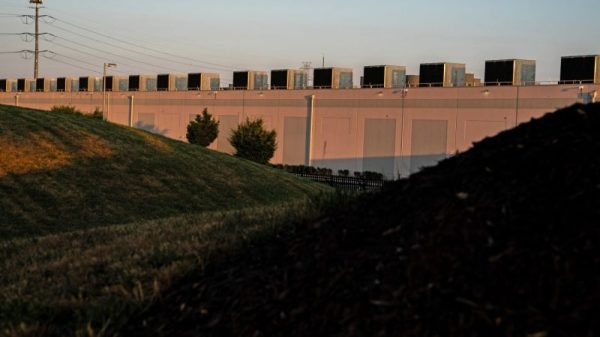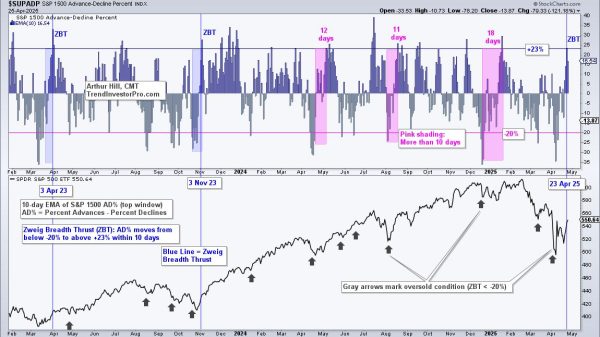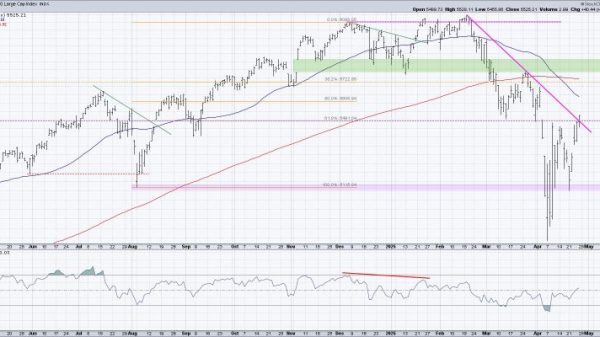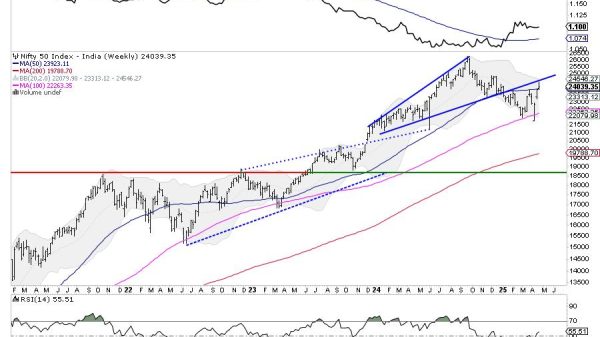Jai Kedia
The Fed’s audited financial statements for 2024 show that it suffered operating losses of $77.6 billion. That’s on the heels of losing $114.3 billion in 2023, for a two-year total of $191.9 billion. The culprit of these losses? The large amounts of interest it pays on bank reserves.
The Fed drastically changed its operating framework during the financial crisis of 2008. At the time, most of the attention fell on the Fed’s quantitative easing program. But the size of the Fed’s emergency lending programs dramatically inflated aggregate reserves, prompting the Fed to begin paying commercial banks interest on reserves. At that time, interest rates were relatively low. But as many pointed out, unless the Fed shrunk the pool of reserves, interest rates would eventually rise and put the Fed in a political pickle.
Well, that time is finally here.
As Figure 1 shows, the Fed’s interest payments have increased exponentially. (All dollar values have been adjusted for inflation by converting to their equivalent in 2024 dollars.) Moreover, the rate of increase in interest expenses closely mirrors the rate of increase in the rate the Fed pays out on the reserves (the “IOR” rate). This latter fact was not true in the late 2010s when the Fed raised the IOR but kept interest payments in check because it only paid interest on excess not all reserves, a policy it changed during the pandemic.
As Figure 2 shows, these large interest expenses resulted in the Fed’s only recorded losses since 2008 and the only losses on record since the data became available. The Fed has mostly hand-waved these losses away and used financial gimmickry to label them “deferred assets” that they have promised to balance with future profits.
But this should worry taxpayers. There is no guarantee that rates will come down to their pre-pandemic levels, reducing the Fed’s interest burden and allowing its financials to turn back from red to green. Even if the Fed manages to turn a profit, taxpayers are unlikely to reap those benefits. It will likely take years of future profits to offset the nearly $200 billion the Fed has already lost in the past two years alone—profits that would usually go to the Treasury to help relieve some of our massive fiscal deficit.
Moreover, the politics of these policies are baffling. The IOR program provides billions of government dollars to large financial institutions as risk-free interest, essentially giving banks a massive government handout. Populists from both parties, who are usually quick to bash the financial sector, are silent while the Fed continues to give banks hundreds of billions of dollars in cash. This is particularly troubling seeing as the average American earns close to nothing on their own savings accounts at these same institutions.
Senators Sherrod Brown and Elizabeth Warren want to decide which financial firms can and cannot merge. Senators Josh Hawley and Bernie Sanders want to decide what private financial firms can and cannot charge as interest on their loans. These are bad policies that still draw populist support. But the populists stay silent when the government is giving free cash to large banks and hemorrhaging money. These losses highlight the need to shrink the Fed’s balance sheet—and for Congress to call for the Fed to stop handing out money to banks.
























